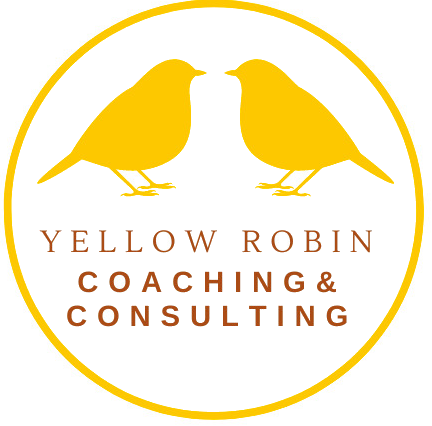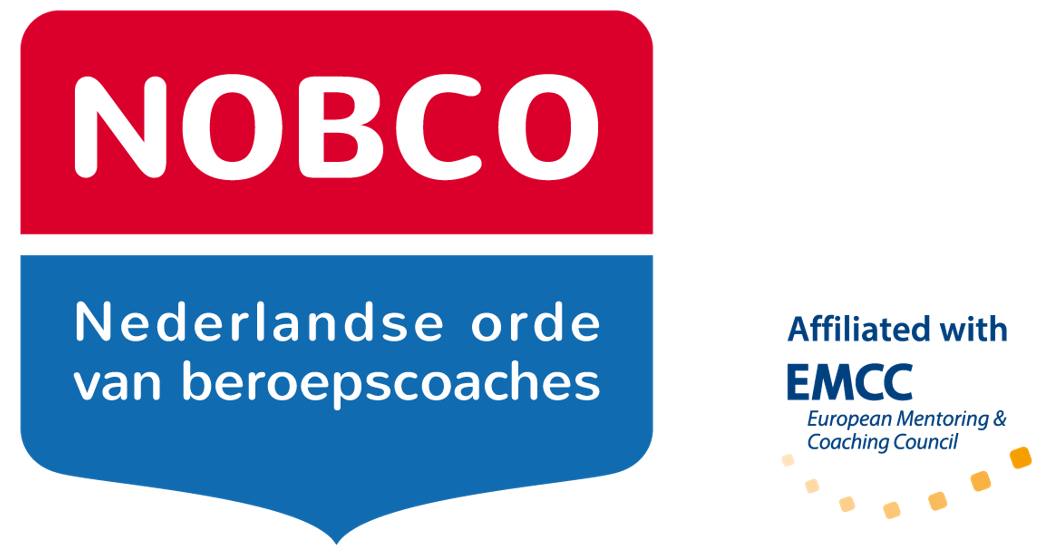Self-Awareness and Workplace Transformation
In today's fast-paced work environment, understanding yourself and your strengths isn't just about personal growth, it can significantly improve teams, organizations, and workplace culture. As a coach and manager, I've seen first-hand how increased self-awareness can positively impact both individuals and their professional setting. Low levels of self-awareness can likewise be utterly detrimental.
Aristotle famously said, "knowing yourself is the beginning of all wisdom." Yet, many people struggle to identify and articulate their strengths, often due to upbringing and life experiences. When asked about their talents, many insist they have none. And this is never true. We all have unique talents and strengths. And what's more, such uncertainty undermines personal confidence and can also fuel stress and anxiety.
Consider a recent coachee of mine, a manager in a competitive industry. Initially unsure of their unique contributions, they began a journey of self-discovery and uncovered a knack for team organization and problem-solving. This self-awareness didn't just boost their confidence, it transformed their leadership. By leveraging their strengths, they blossomed and gradually developed an environment of collaboration, innovation, and support within the team. This not only enhanced organizational effectiveness but also improved collaboration and productivity and reduced stress levels in the team.
Their journey reinforces how impactful self-awareness can be in terms of reducing stress, boosting productivity and well-being, and positively influencing workplace culture. When individuals understand themselves and leverage their unique strengths, it creates positive systemic change throughout the organization, fostering a culture of empowerment, resilience, and continuous improvement.
In conclusion, by recognizing and utilizing our unique strengths and talents, each one of us can help build a thriving, supportive, and innovative organizational culture. When we understand our strengths, we unlock our potential and inspire those around us to do the same. Let's work together to create positive change in our workplaces.
So what steps can I take?
- Reflect on your strengths: Take time to identify your unique skills and talents. Seek feedback from colleagues or mentors to gain a clearer perspective. You have them!
- Embrace self-awareness: Recognize that understanding your strengths is crucial for both personal and professional growth.
- Leverage your talents: Use your newfound awareness to find opportunities to develop your unique strengths even further, to your benefit and that of the team and organisation. Why would you keep them to yourself?
- Inspire others: Encourage your colleagues to embark on their own journeys of self-discovery. Share your experiences and the positive changes you've experienced.







